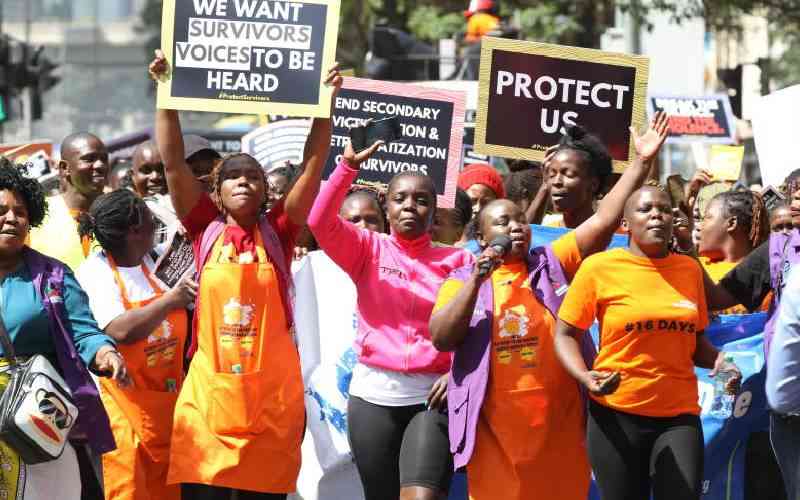
Between "Hustler Funding", "Kamukunji Consultations", "Officialising the Opposition" and the IEBC's "Opaque Four", our daily headline coverage painfully reminds us of our 24-7 politics. Thankfully, the Football World Cup is offering Kenyans a distraction from our "politics as usual".
This is not to say that the Kenya Kwanza administration, when not gazing at the rear-view mirror, has not reported to work. It is still early days, but a few highlights from its 4th Cabinet meeting on December 6 suggest, despite increasing concerns about roadside declarations, that there is hope.







